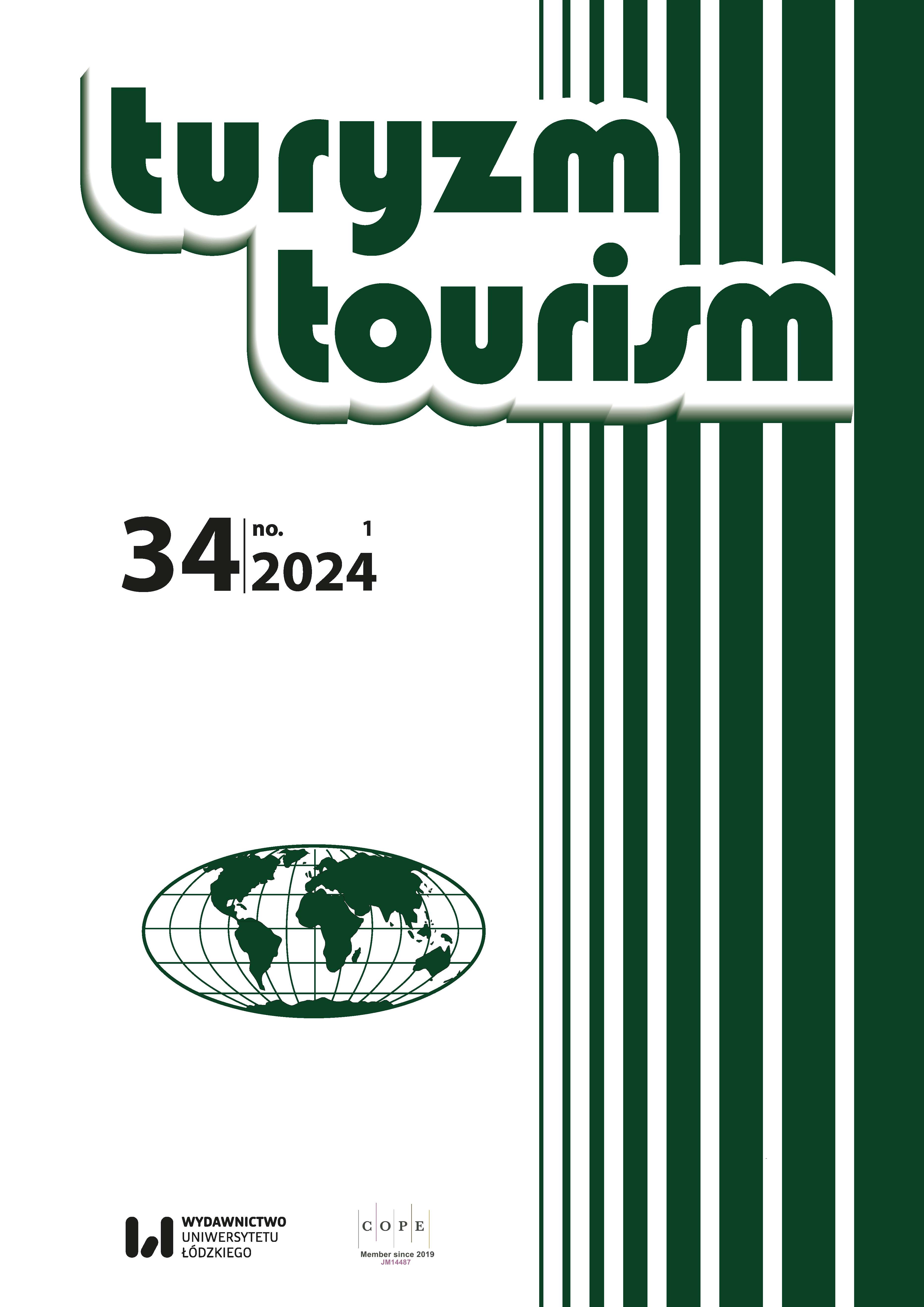The U-shaped relationship between corruption and international tourism demand: A gravity model approach
The U-shaped relationship between corruption and international tourism demand: A gravity model approach
Author(s): Gül Erkol Bayram, Abdul Rehman Abbasi, Ali Raza, Ahsan ul Haque Shaikh, Shuaib Ahmed SoomroSubject(s): Criminology, Tourism
Published by: Wydawnictwo Uniwersytetu Łódzkiego
Keywords: tourism; demand; corruption; gravity model through pooled ordinary least square (POLS); quantile regression
Summary/Abstract: The tourism industry significantly contributes to a country’s economic growth and creates a positive image of the destination. This study assesses the impact of corruption on international tourism demand. It employs two-dimensional analyses using the gravity model and a pooled ordinary least square estimator to provide a unique recognition of international tourism demand. The study utilized a conditional quantile regression technique to analyze a dataset of 200 destination countries from 1995 to 2022. The empirical results demonstrate a mixed effect of corruption on international tourism demand. The analysis reveals a non-linear relationship between corruption and international tourism demand, with the inverted-U relationship being statistically significant only at the 50th–75th quantiles and not holding at the upper and lower quantiles. The research confirms that income has a positive impact on tourism across quantiles, but the impact is disproportionate. The sub-period of 2006–2022 experienced a significant decline in gross domestic product (GDP) due to the global financial crisis and its aftershocks, which severely impacted the attractiveness of destination countries for tourists. These valuable insights can inform national tourism policies and businesses.
Journal: Turyzm
- Issue Year: 34/2024
- Issue No: 1
- Page Range: 97-108
- Page Count: 12
- Language: English

